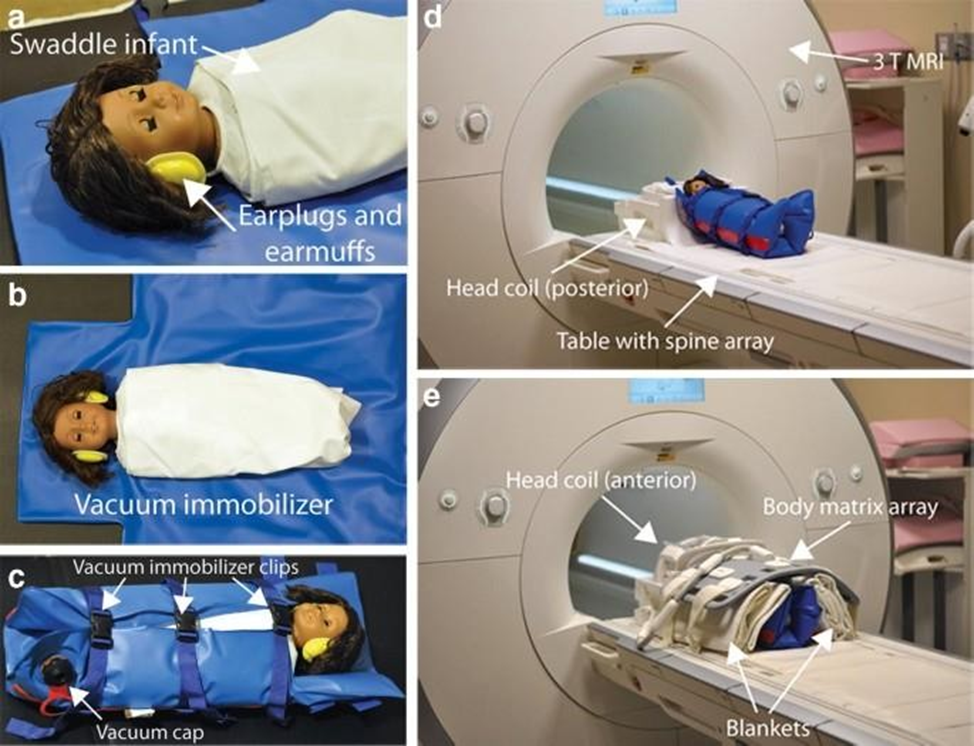The nurse anticipates that the client presenting with increased intracranial pressure would most likely exhibit which set of vital signs?
BP 190/84, HR 50, and an irregular respiratory pattern
BP 190/84, HR 150, and an irregular respiratory pattern
BP 80/50, HR 50, and Kussmaul respirations
BP 80/50, HR 150, and Cheyne-Stokes respirations
The Correct Answer is A
A. BP 190/84, HR 50, and an irregular respiratory pattern is characteristic of Cushing's triad, a classic sign of increased intracranial pressure (ICP). Cushing's triad includes hypertension with a widened pulse pressure, bradycardia, and irregular or abnormal respirations. The elevated blood pressure occurs as a compensatory mechanism to maintain cerebral perfusion, while bradycardia and irregular respirations result from brainstem compression.
B. BP 190/84, HR 150, and an irregular respiratory pattern is incorrect because tachycardia (HR 150) is not part of Cushing's triad. Increased ICP typically causes bradycardia due to brainstem involvement.
C. BP 80/50, HR 50, and Kussmaul respirations: Kussmaul respirations are deep, rapid respirations commonly seen in metabolic acidosis, not typically associated with increased intracranial pressure.
D. BP 80/50, HR 150, and Cheyne-Stokes respirations: Cheyne-Stokes respirations are characterized by alternating periods of deep breathing followed by apnea and are often seen in conditions affecting the brainstem, but they are not specific to increased intracranial pressure.
Nursing Test Bank
Naxlex Comprehensive Predictor Exams
Related Questions
Correct Answer is ["B","D"]
Explanation
A. Slurred speech: This can be a sign of increased ICP but is not typically considered a late sign. It is more often associated with early or moderate increases in ICP when the brain is starting to experience pressure but is not yet at a critical stage.
B. Bradycardia: This is a late sign of increased ICP and is part of Cushing's triad, which includes bradycardia, irregular respirations, and a widened pulse pressure. Bradycardia occurs as a compensatory mechanism to decrease the cerebral blood flow in response to increased ICP.
C. Hypotension: While changes in blood pressure can be associated with ICP, hypotension is not typically a late sign of increased ICP. In fact, hypertension with a widened pulse pressure would be more indicative of increased ICP as part of Cushing's triad.
D. Nonreactive dilated pupils: This is a late sign of increased ICP and indicates brain stem herniation or compression, which is a medical emergency. The pupils become fixed and dilated as the oculomotor nerve is compressed due to increased pressure.
E. Confusion: Confusion can be an early sign of increased ICP as it indicates changes in mental status. However, it is not specifically a late sign of increased ICP, as it can occur at various stages of pressure changes within the brain.
Correct Answer is C
Explanation
A. "An MRI scan is not distorted by movement, so you do not have to lie still." This statement is incorrect. Movement during an MRI scan can distort images and affect the quality of the diagnostic information obtained. Patients are typically instructed to lie as still as possible during the procedure.
B. "The MRI contrast dye contains iodine and can cause your skin to itch." This statement is incorrect. MRI contrast agents do not contain iodine and are not associated with itching.
However, some patients may experience allergic reactions to MRI contrast agents, but this is not related to iodine.
C. "An MRI scan is very noisy, and you will be allowed to wear earplugs while in the scanner." This statement is correct. MRI scanners produce loud noises during imaging, which can be bothersome to some patients. Patients are often provided with earplugs or headphones to help reduce the noise and make the experience more comfortable.

D. "An MRI scan is a short procedure and should take no longer than 30 minutes." This statement is incorrect. The duration of an MRI scan can vary depending on the type of imaging being performed and the specific protocol used. Some MRI scans may take longer than 30 minutes to complete.
Whether you are a student looking to ace your exams or a practicing nurse seeking to enhance your expertise , our nursing education contents will empower you with the confidence and competence to make a difference in the lives of patients and become a respected leader in the healthcare field.
Visit Naxlex, invest in your future and unlock endless possibilities with our unparalleled nursing education contents today
Report Wrong Answer on the Current Question
Do you disagree with the answer? If yes, what is your expected answer? Explain.
Kindly be descriptive with the issue you are facing.
